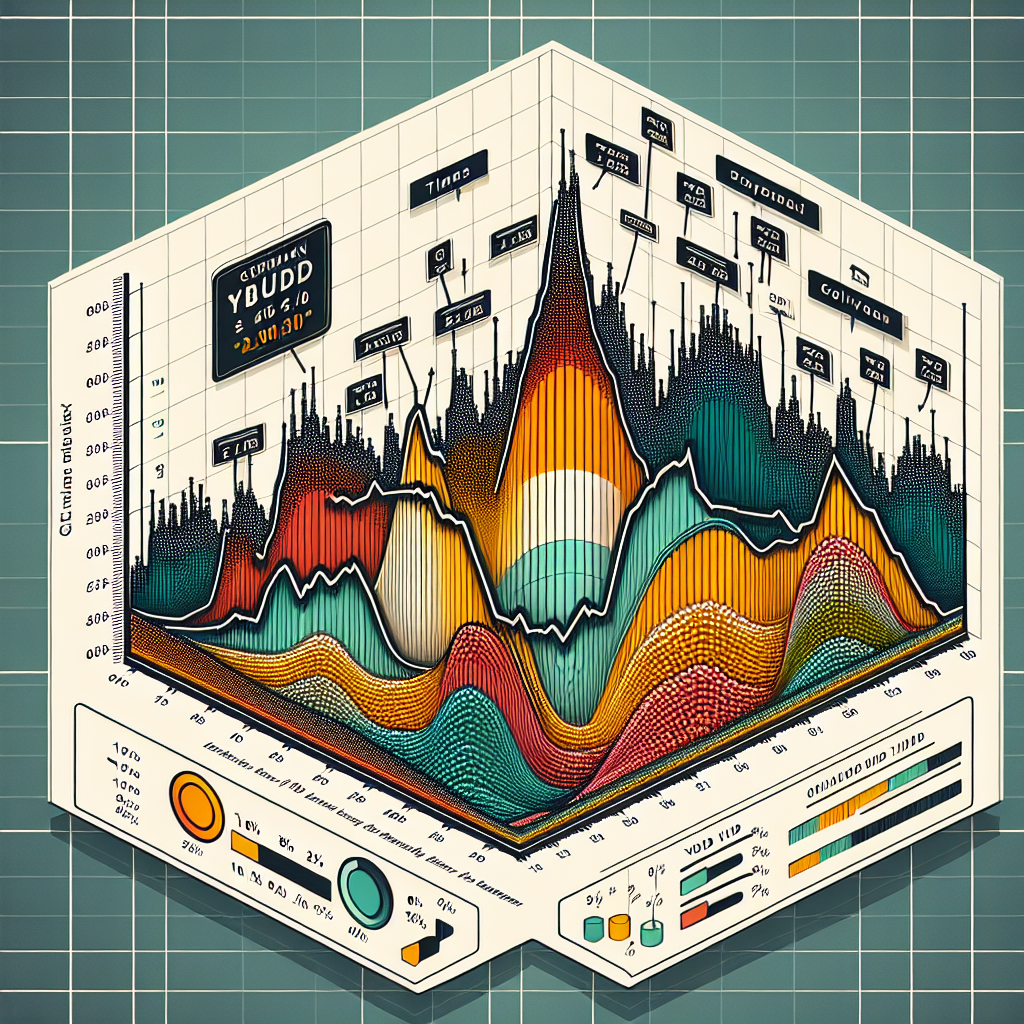ECB's Careful Policy and Market Reactions: An Economic Overview
Bund yields see significant weekly rise as ECB maintains cautious approach on rate cuts. Investors focus on ECB President Lagarde's upcoming speech and PMI data. ECB communication hints at softening bias, though monetary policy remains non-committal. French politics impact yields with Macron appointing a new prime minister.

The European Central Bank's policy decisions have driven Bund yields to their largest weekly gain since mid-April. In response to the ECB's hesitant stance on rate cuts, investors are now anticipating President Christine Lagarde's upcoming address and the release of purchasing manager indices on Monday.
Economist Mariano Cena from Barclays noted that despite the removal of the 'restrictive policy' language, the ECB's future path remains uncertain. Germany's 10-year bond yield saw a rise, reaching its highest since late November, as ECB policymakers hinted at potential future rate cuts if inflation targets align.
Meanwhile, political dynamics in France also played a role, as Emmanuel Macron appointed a new prime minister amidst ongoing fiscal challenges. The yield spread between French and German bonds indicates investor caution, while the anticipation of next week's Federal Reserve meeting keeps the market on alert.
(With inputs from agencies.)
ALSO READ
Swiss Interest Rates: A Balancing Act
UPDATE 1-China vows to issue more debt, cut interest rates next year
Francois Bayrou: Navigating Uncertainty in French Politics
French President Emmanuel Macron names key centrist ally François Bayrou as new prime minister, reports AP.
Bank of England's Steady Hold on Interest Rates Confronts Economic Uncertainty










